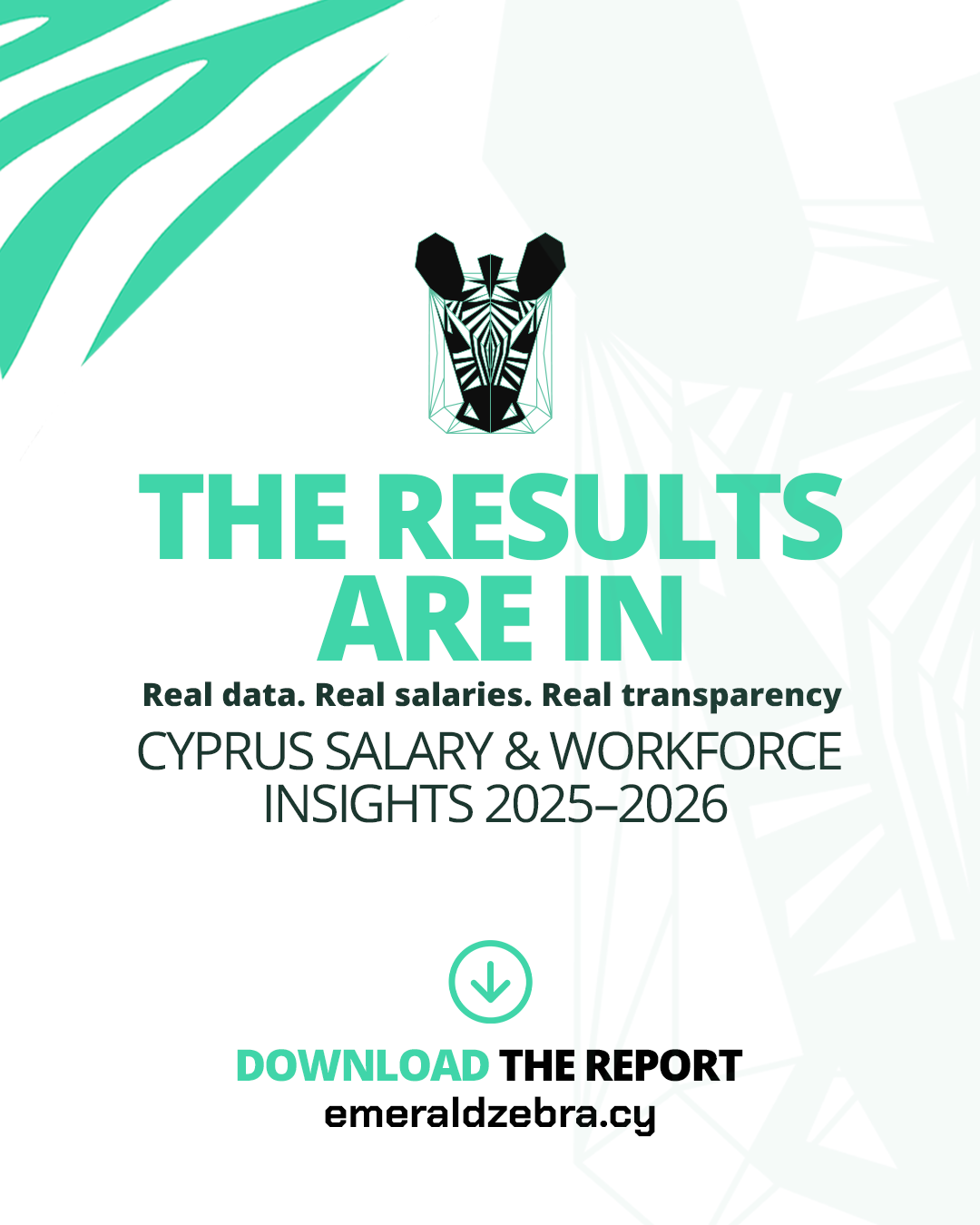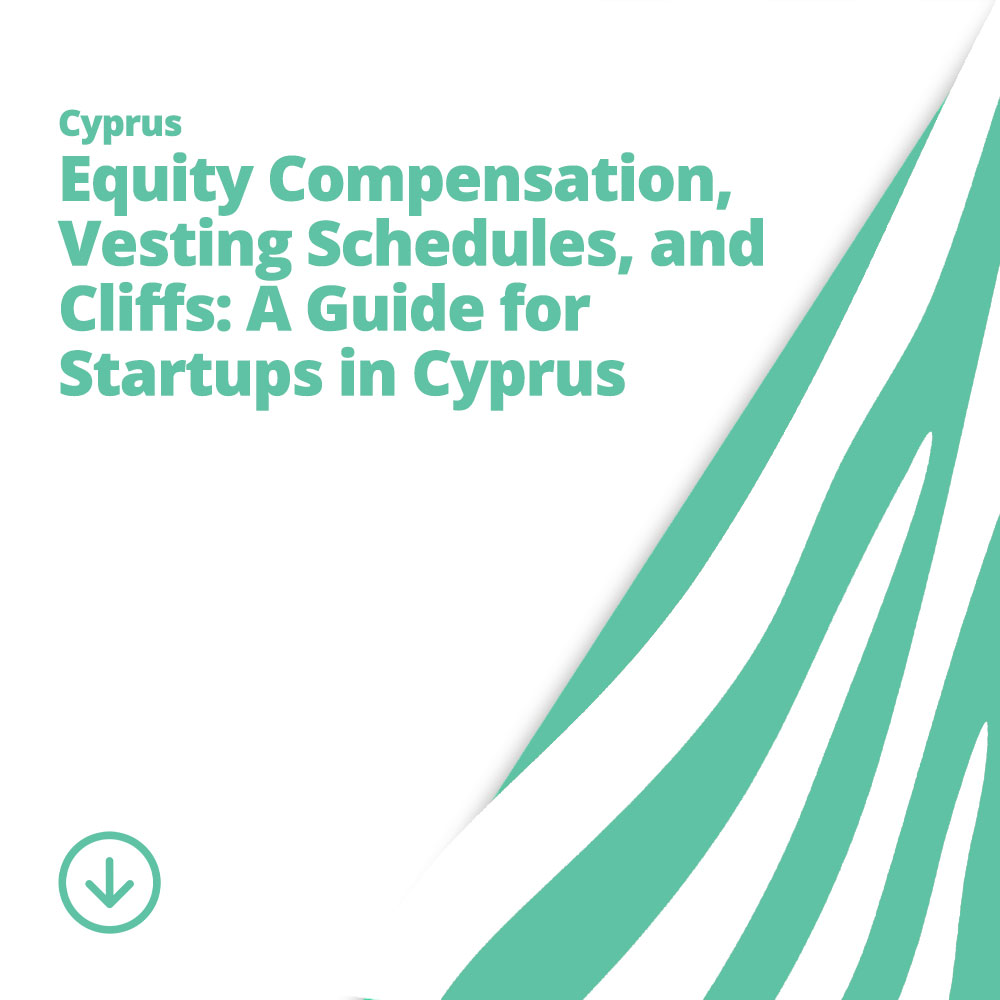As we move into 2025, the demand for compliance, Anti-Money Laundering (AML), and risk management professionals in Cyprus continues to evolve. Due to the increasing complexity of financial regulations, companies are seeking skilled professionals to ensure compliance with local CySEC and other EU laws, as well as to manage emerging risks. If you’re looking to advance your career or are hiring for these vital roles, here’s a rundown of the top positions in the field.
10. AML Analyst
What does an AML Analyst do? AML analysts are responsible for identifying and investigating suspicious transactions that could be related to money laundering or other illicit activities. They use various tools and methods to track transactions, perform background checks, and report any suspicious activities to the relevant authorities.
Key Skills for AML Analysts:
- Strong knowledge of AML regulations and compliance laws
- Proficiency in data analysis and financial monitoring tools
- Attention to detail to detect suspicious patterns
9. Compliance Officer
What does a Compliance Officer do? Compliance officers ensure that their company adheres to all relevant laws, regulations, and internal policies. In Cyprus, compliance officers are in demand to guide companies in meeting both local and EU regulations, particularly in sectors such as banking, finance, and insurance.
Key Skills for Compliance Officers:
- Thorough understanding of regulatory requirements and risk management frameworks
- Excellent communication and organisational skills
- Strong analytical and problem-solving abilities
8. Risk Manager
What does a Risk Manager do? Risk managers are tasked with identifying, assessing, and mitigating risks within an organisation. Their work involves developing strategies to minimise financial, operational, and reputational risks that could impact business operations.
Key Skills for Risk Managers:
- Analytical thinking to assess potential risks and develop mitigation strategies
- Strong leadership and decision-making capabilities
- Expertise in risk assessment tools and techniques
7. Compliance Manager
What does a Compliance Manager do? Compliance managers oversee the development and enforcement of compliance policies within an organisation. They work closely with senior management to ensure compliance with regulations and to mitigate the risk of legal and financial penalties.
Key Skills for Compliance Managers:
- In-depth knowledge of the regulatory environment and compliance frameworks
- Strong leadership and communication skills to ensure policies are effectively implemented
- Ability to handle complex compliance issues and provide strategic advice
6. AML Compliance Manager
What does an AML Compliance Manager do? AML Compliance Managers ensure that their organisation’s processes and systems align with AML regulations. They are responsible for ensuring that AML risk assessments are carried out regularly and that the company remains compliant with all applicable laws.
Key Skills for AML Compliance Managers:
- Expertise in AML regulatory standards and frameworks
- Leadership skills to manage AML teams and conduct training
- Strong communication skills for liaising with internal and external stakeholders
5. Chief Risk Officer (CRO)
What does a Chief Risk Officer do? The Chief Risk Officer (CRO) is a senior executive responsible for overseeing an organisation’s risk management strategy. In Cyprus, as in other global markets, the role of the CRO is increasingly important in ensuring the company’s long-term sustainability and managing exposure to risk.
Key Skills for Chief Risk Officers:
- Advanced understanding of financial and operational risk management strategies
- Proven leadership and strategic planning skills
- Ability to liaise with board members, regulatory bodies, and other key stakeholders
4. AML Investigator
What does an AML Investigator do? AML Investigators are responsible for digging deeper into potentially suspicious financial activity flagged by AML systems. Their investigations help determine whether the activities are indeed related to money laundering or other criminal acts.
Key Skills for AML Investigators:
- Strong investigative skills to track and assess suspicious activities
- In-depth knowledge of financial regulations and anti-money laundering laws
- Ability to analyse complex financial data and trends
3. Financial Crime Risk Manager
What does a Financial Crime Risk Manager do? A Financial Crime Risk Manager focuses on identifying, preventing, and mitigating financial crimes such as fraud, money laundering, and cybercrime. This role is crucial in the evolving financial landscape of Cyprus, especially as regulatory standards become more stringent.
Key Skills for Financial Crime Risk Managers:
- Knowledge of financial crime prevention frameworks and techniques
- Expertise in AML regulations and financial fraud detection
- Strong communication and collaboration skills for liaising with other departments
2. Internal Auditor (AML/Compliance Focus)
What does an Internal Auditor do? Internal auditors evaluate the effectiveness of an organisation’s risk management, internal control, and governance processes. In compliance and AML, auditors play a vital role in assessing how well companies adhere to regulations and identifying potential weaknesses in their systems.
Key Skills for Internal Auditors:
- Expertise in auditing techniques and financial regulations
- Analytical skills for reviewing internal controls and processes
- Ability to communicate findings to senior management and make recommendations
1. Head of Compliance and AML
What does the Head of Compliance and AML do? The Head of Compliance and AML is a senior leadership role responsible for overseeing all compliance and AML functions within an organisation. This includes developing strategies to ensure compliance with both local and international regulations and leading the company’s response to emerging compliance challenges.
Key Skills for the Head of Compliance and AML:
- Leadership and strategic vision for developing compliance programmes
- In-depth knowledge of international AML regulations and risk management frameworks
- Strong interpersonal skills to liaise with regulators, senior management, and clients
In Cyprus, CYSEC (the Cyprus Securities and Exchange Commission) regulates and supervises financial markets, including those related to compliance, Anti-Money Laundering (AML), and risk management. To work in these sectors, particularly in roles related to regulatory compliance, AML, and financial risk, professionals often pursue certification programs that are recognized by CYSEC and other regulatory bodies. These certifications help ensure that individuals possess the necessary skills and knowledge to meet local and international regulatory standards.
Here are some of the key professional certifications for compliance, AML, and risk professionals under CYSEC:
1. CySEC AML Certification
Target Audience: This certification is aimed at individuals working in roles related to Anti-Money Laundering (AML) within the financial sector.
Description: This certification is specifically designed for professionals who need to understand Cyprus’ AML laws, EU directives, and international regulations. It focuses on the identification, prevention, and reporting of money laundering and terrorist financing activities.
Key Areas Covered:
- Overview of money laundering and terrorist financing
- Laws, regulations, and directives governing AML
- Customer Due Diligence (CDD) and Enhanced Due Diligence (EDD)
- Reporting suspicious transactions and implementing compliance measures
- Risk-based approaches to AML
Relevance: This is a key certification for professionals in banking, financial services, and institutions that are required to maintain AML compliance. It is often a requirement for compliance officers, AML analysts, and anyone in charge of ensuring that an organisation adheres to AML laws.
2. CySEC Professional Qualification for Investment Services (Basic/Advanced Level)
Target Audience: This certification is aimed at individuals working in the investment and financial services industry, such as brokers, financial analysts, and wealth managers.
Description: This program provides a solid understanding of the regulations and practices governing investment services in Cyprus, including the rules set out by MiFID II (Markets in Financial Instruments Directive) and other EU regulations. It covers investment strategies, client protection, and regulatory compliance.
Key Areas Covered:
- Understanding financial markets and investment products
- Risk management principles in investment services
- CySEC regulations and investor protection rules
- Anti-money laundering in the context of financial services
- The regulatory framework for financial instruments
Relevance: This certification is particularly useful for professionals working in the financial services sector who are responsible for ensuring regulatory compliance in investment activities. It’s a necessary credential for those working with clients or managing financial transactions and investments.
3. CySEC Compliance Officer Certification
Target Audience: Compliance officers, risk managers, auditors, and other professionals who oversee compliance functions in financial institutions and firms.
Description: The CySEC Compliance Officer Certification focuses on the regulatory framework governing financial services in Cyprus. It helps professionals understand the role of compliance officers in maintaining the integrity of financial institutions by ensuring they adhere to regulatory requirements, including anti-money laundering measures.
Key Areas Covered:
- The role and responsibilities of a compliance officer
- CySEC regulatory framework and local laws
- Corporate governance and risk management
- AML and combating terrorist financing
- Internal control systems and monitoring
Relevance: This certification is essential for professionals in roles where they are responsible for ensuring their organisations comply with Cyprus’ financial regulations, especially in the areas of AML and risk management.
4. Certified Risk Management Professional (CRMP)
Target Audience: Risk management professionals, including those working in financial institutions, insurance, and corporate governance roles.
Description: While this is not exclusively a CySEC certification, the Certified Risk Management Professional (CRMP) credential is widely recognized in the industry and helps professionals develop expertise in managing risk within financial services. It aligns with international best practices, which are applicable to Cyprus’ regulatory landscape.
Key Areas Covered:
- Risk identification, assessment, and mitigation strategies
- Risk management frameworks and models
- Regulatory requirements for risk management
- Financial and operational risk
- Business continuity planning
Relevance: This certification is crucial for professionals looking to enhance their understanding of risk management, particularly in financial institutions, as well as for those working with regulatory bodies like CySEC to ensure risk management processes align with compliance standards.
5. Certified Anti-Money Laundering Specialist (CAMS)
Target Audience: AML specialists, compliance officers, financial analysts, and risk managers.
Description: CAMS is a globally recognized certification offered by the Association of Certified Anti-Money Laundering Specialists (ACAMS). Although not specific to Cyprus, it is highly respected in the industry and aligns with international AML regulations that Cyprus adheres to. It focuses on combating money laundering and terrorist financing.
Key Areas Covered:
- AML laws and regulations across jurisdictions
- Detecting and preventing money laundering schemes
- Customer Due Diligence and Enhanced Due Diligence
- Reporting suspicious activities and understanding typologies of financial crime
- Risk-based approaches to AML
Relevance: This certification is valuable for professionals in Cyprus who are working with AML compliance. It’s an internationally recognized credential that provides the expertise necessary for dealing with complex AML regulations.
6. CySEC Registered Financial Advisors (RFA)
Target Audience: Financial advisors, wealth managers, and investment consultants.
Description: The CySEC Registered Financial Advisor certification is for individuals who wish to provide independent financial advice in Cyprus. It ensures that financial advisors possess the requisite knowledge to meet local regulatory standards.
Key Areas Covered:
- CySEC’s regulatory requirements for financial advisors
- Investment products, services, and asset management
- Risk assessment and portfolio management
- Ethics and customer relationship management
- Financial planning and budgeting
Relevance: This certification is crucial for those wishing to work as financial advisors, especially in providing regulatory-compliant advice to clients regarding investments, insurance, and wealth management.
7. CySEC Investment Services Certification
Target Audience: Employees working in financial institutions providing investment services, such as brokers and fund managers.
Description: This certification is offered by CySEC to ensure that individuals involved in investment services are familiar with the applicable regulatory framework, including MiFID II, market abuse, and investor protection laws.
Key Areas Covered:
- Regulation of investment services in Cyprus
- Market conduct and investor protection
- Financial instruments and their classification
- Regulatory frameworks for market abuse and insider trading
Relevance: This certification is tailored for professionals involved in trading, investment analysis, or portfolio management within regulated entities. It’s important for ensuring compliance with CySEC’s legal requirements.
Interested in Compliance, AML, and Risk Roles in Cyprus?
If you’re seeking a career in compliance, AML, or risk management, there are plenty of opportunities to explore in Cyprus. Whether you’re looking to hire top talent or take the next step in your career, we can help.
Contact Emerald Zebra’s Compliance and Risk Division today to discuss how we can assist you in finding the best professionals or job opportunities in the field.



